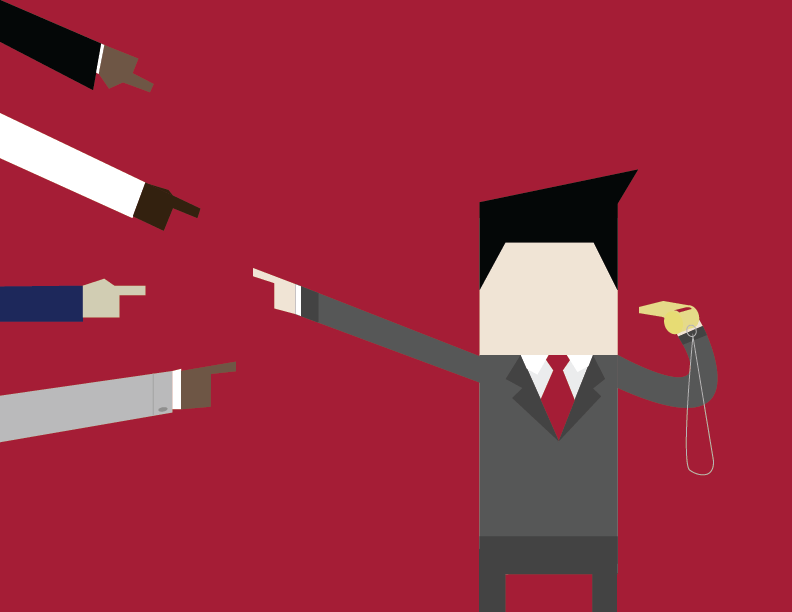Put on your Guy Fawkes mask and fire up Incognito Mode, because it’s time to talk about whistleblowing. After nearly seven years of essentially squatting in London’s Ecuadorian embassy, Julian Assange has been arrested and detained by the Met. Now, the founder of everyone’s favorite classified media dump, WikiLeaks, is facing the prospect of extradition to the US. Admittedly, he’s unlikely to go down without a long, drawn-out legal fight that could last for years if it’s suspected he could face torture or abuse when he gets there. While his charge of ‘conspiracy to commit computer intrusion’ only carries a maximum penalty of five years, it seems wise to assume that Assange will never truly be ‘free’ again.
His co-conspirator isn’t faring much better. Chelsea Manning, the former US soldier who handed thousands of classified military and diplomatic communications to WikiLeaks, has been jailed for contempt of court, having refused to testify against Assange. Her history of non-cooperation and hefty set of criminal charges could see her detained for a potentially indefinite period of time.
These most recent events are just the newest links in a chain of intrigue and espionage that would make a Swedish crime author blush. Daily updates on the status of the whistleblowers pile up into a cacophony of news that’s about as easy to get into as an NSA database. To make matters worse, media coverage of these individuals is exceedingly polarised. Generally, it falls in one of two camps: long-haired hacktivist types brand them crusaders for justice, or they’re deemed traitors by starch-collared suits. And it’s clear which side is winning.
That very term – ‘whistleblower’ – evokes the same archaic notions of treason as ‘turncoat’, painting a picture of underhanded sneaks, selling their own country down the river for Bitcoin and Reddit karma. Or worse still, those pesky Russians (including yours truly), who want nothing more than to corrupt our youth by infiltrating the media, and weaponising state secrets.
Obviously, the truth is that those who demonise whistleblowing often want to keep something shady under wraps. Such as war crimes. For everyone else, whistleblowing is an extremely durable, if unglamorous, suit of armour against the powers that be. How else would bodies like the Financial Conduct Authority tackle the recent sexual harassment epidemic in the banking sector, or many forms of white-collar crime. It’s only recently that the Health Secretary, Matt Hancock, vowed to put a stop to the non-disclosure agreements that stop NHS employees speaking out against workplace bullying. Clearly, the value of whistleblowing is only set to appreciate in the near future.
So is it worth being a whistleblower? Well, for the vast majority, there’s nothing to lose. An anonymous letter or phone call is about as exciting as it gets – unless you’re exposing government secrets. In that case, be prepared to live out the rest of your days gargling Cup-a-Soup in an office, totally alone, as attack dogs bay for your blood outside. But hey, who ever said martyrdom was easy?

